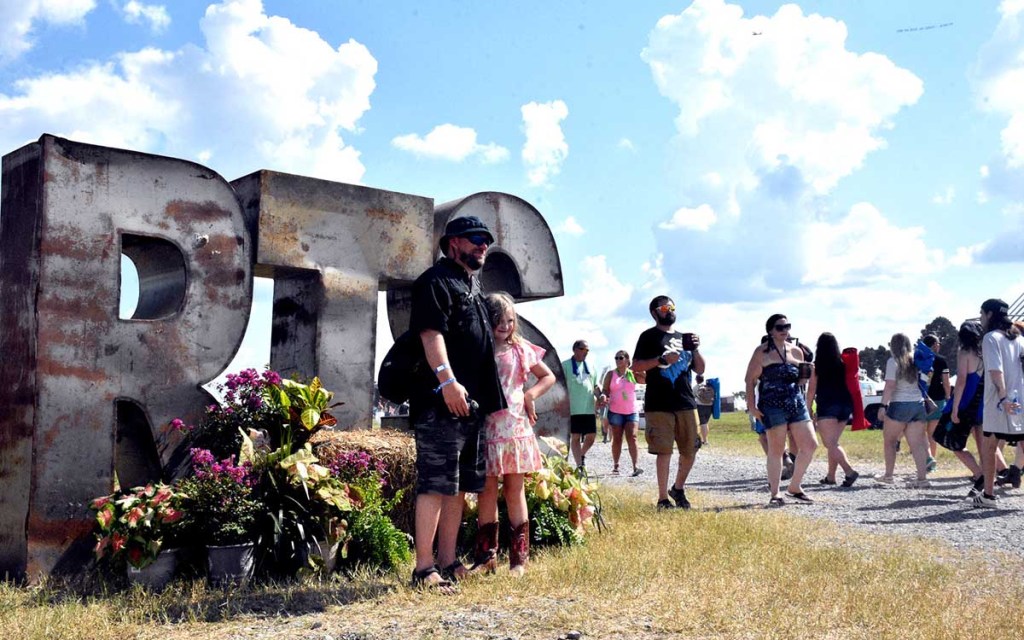Rising numbers: Covid cases continue to rise, hospitals fill up with more large events coming
Published 6:00 am Thursday, August 19, 2021

- {p class=”p1”}Cullman hosted the two-day Rock the South music event last week and will be the site of a rally for former President Donald Trump this weekend. “The biggest issue is when you have large gatherings of people in a state with high transmission disease,” said Judy Smith, Alabama Department of Public Health area administrator. “They are attending events and then going back to their home communities.”{/p}
Alabama continues to add 4,000 COVID-19 cases each day, there are no ICU beds available in the state and officials are warning about two more large-scale events taking place in the next few weeks.
“The biggest issue is when you have large gatherings of people in a state with high transmission disease,” said Judy Smith, Alabama Department of Public Health area administrator. “They are attending events and then going back to their home communities.”
She noted that 60% of Alabamians are not vaccinated against the disease.
Since Saturday, there have been an additional 325 cases of COVID-19 reported in Cullman County. Statewide, Alabama is averaging an additional 4,000 cases per day.
Cullman hosted the two-day Rock the South music event last week and will be the site of a rally for former President Donald Trump this weekend, expected to draw some 30,000 people.
In addition, said Smith, Labor Day is another large-scale event that will bring big groups of people together.
“People need to take care of themselves and each other,” she said. Smith said people need to stay home if they are sick – no matter the illness – and let those they’ve been around know that they are sick.
The Alabama Hospital Association announced Wednesday that there are no ICU beds available in the state. Hospitals are using other beds within the hospital and treating patients on gurneys in hallways. Cullman Regional Medical Center reported Wednesday that they are treating 56 covid patients, 12 of whom are on ventilators.
Dr. Don Williamson, director of the hospital association, said the influx of covid patients affects all other patient care.
Last year, hospitals postponed procedures that were considered non-emergent, and many of those patients were in hospitals when the current spike in covid cases began.
“The bathtub was already three-fourths of the way full and now you’ve got the covid patients coming in on top of it,” he said.
“Where this is going to be felt is the people who don’t have covid,” he added. People with strokes, heart attacks or accident victims are going to have a harder time getting care at local hospitals that are dealing with an influx of patients and have been short-staffed even prior to the pandemic.
Williamson told The Times last week that the only two things that will prevent hospitals from being completely overwhelmed are if people wear masks to contain the spread of COVID-19, and wide-spread use of monoclonal antibodies treatment. “If you feel you have symptoms, talk to your doctor about getting monoclonal antibodies,” he said. “In order to trim the exposure, we need monoclonal antibodies and masks.”


